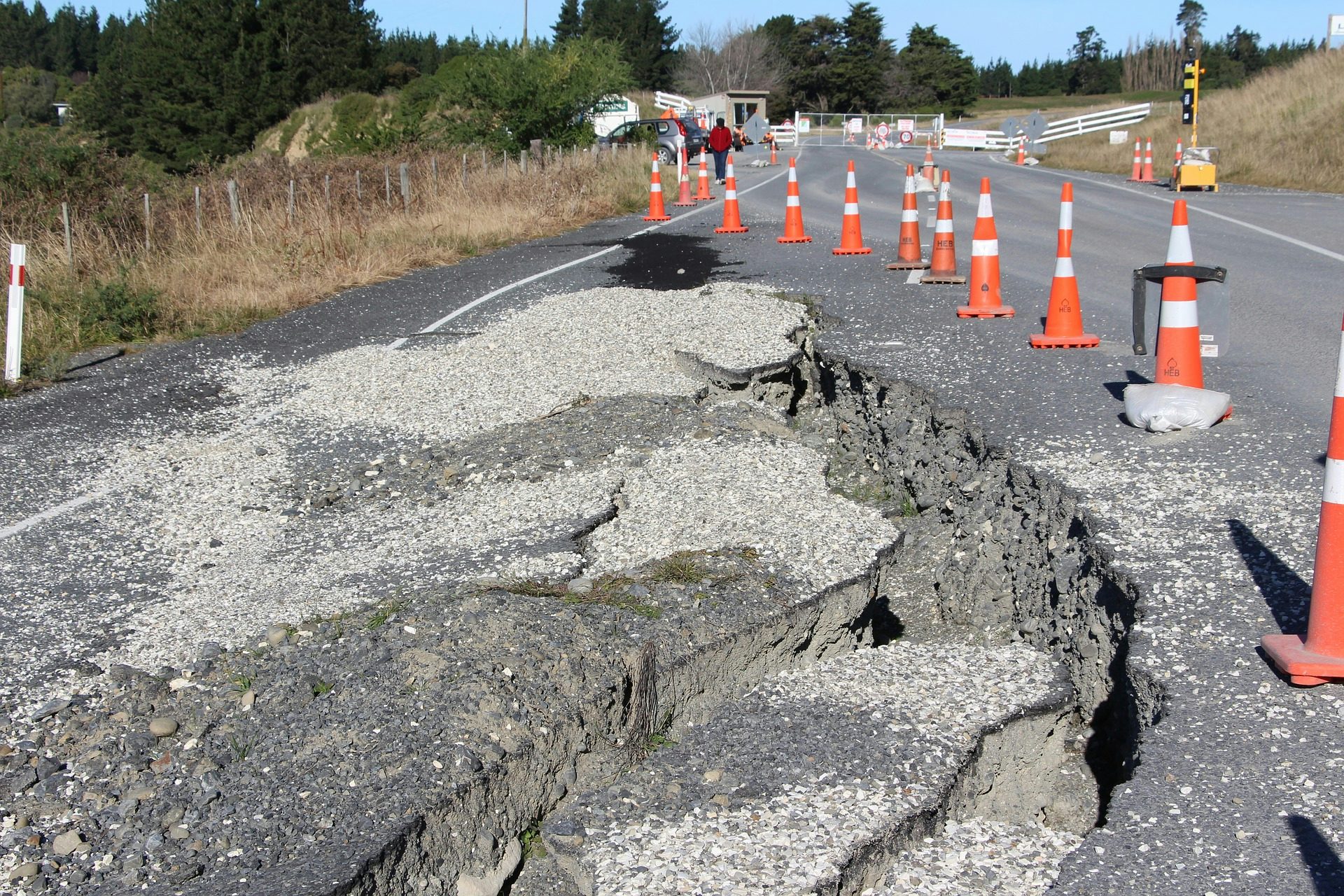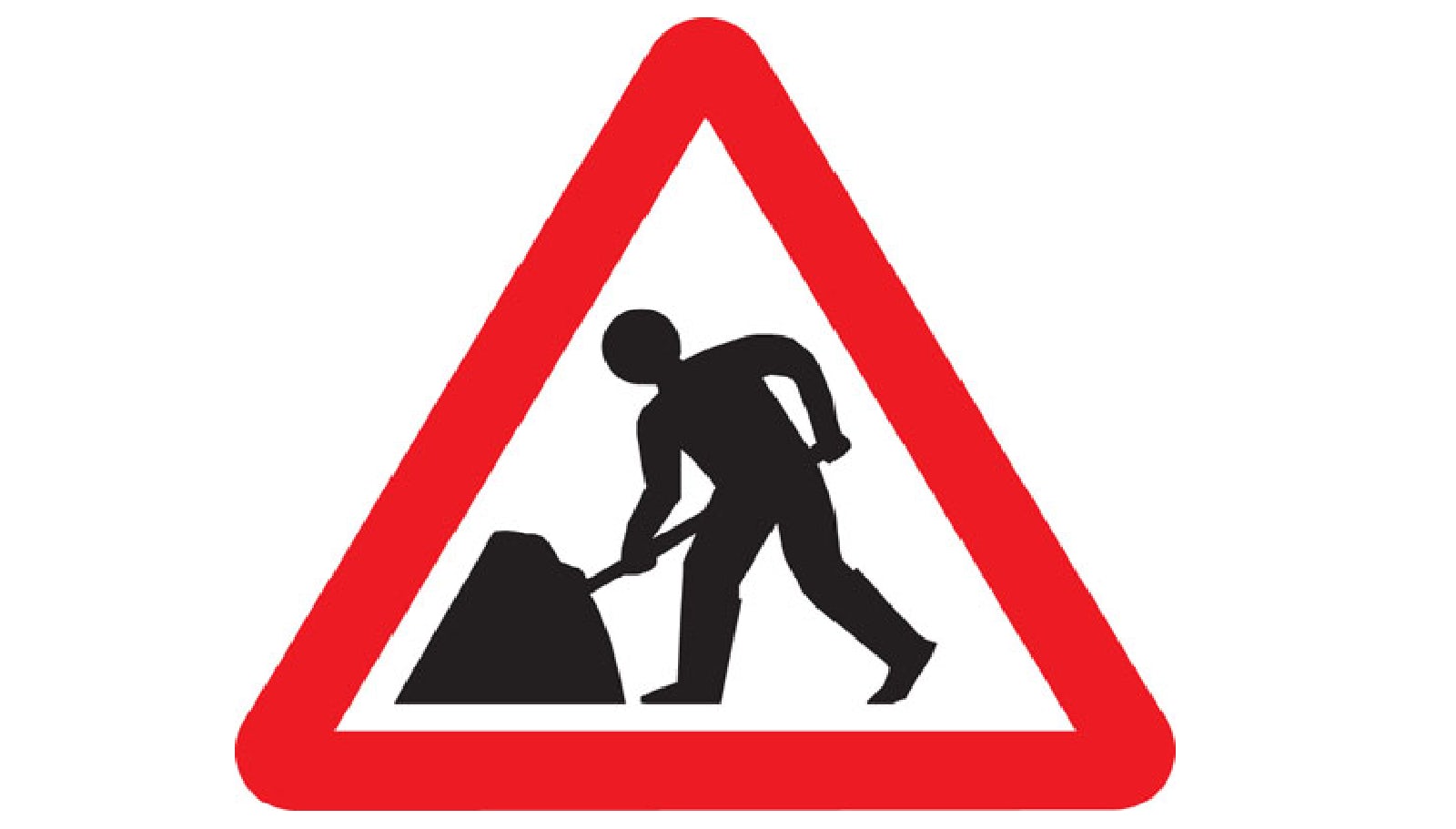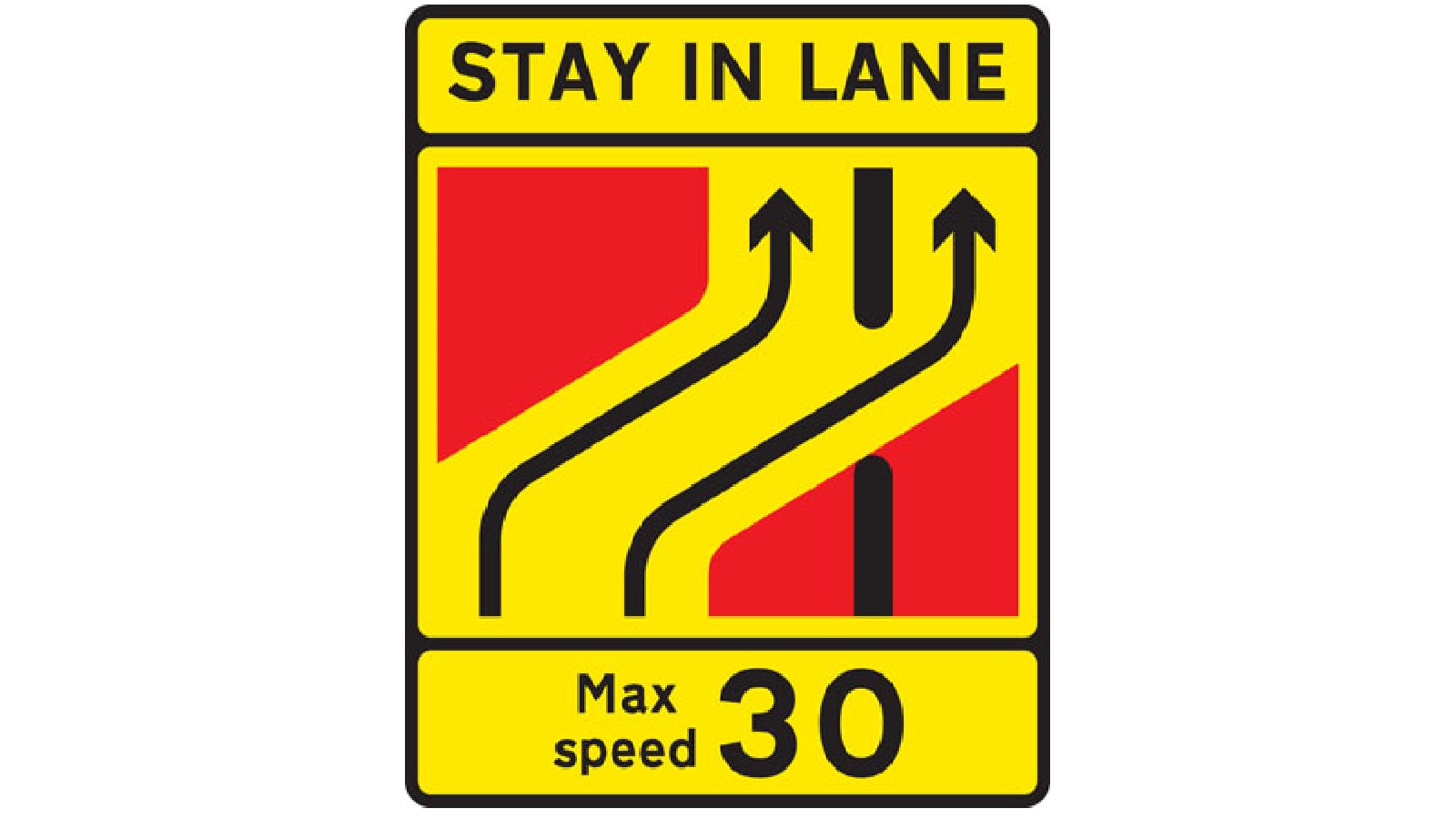
To protect road workers and moving traffic, the number of lanes is often reduced near road works. Before road works, you can come upon large flashing arrows in the middle of the road indicating that you must merge lanes and slow down as a result of hazards ahead. Use your mirrors and get into the correct lane for your vehicle in good time and as signs direct. Do not switch lanes to overtake queuing traffic.

When the ‘Road Works Ahead’ sign is displayed, you will need to be more watchful and look for additional signs providing more specific instructions. Observe all signs - they are there for your safety and the safety of road workers Temporarily reduced speed limits are erected to ensure that traffic travels through the site at safe speeds. Driving at reduced speed at road works is important because: Take extra care near cyclists and motorcyclists as they are vulnerable to skidding on grit, mud or other debris at road works.Reduced speeds
Common road works signs

